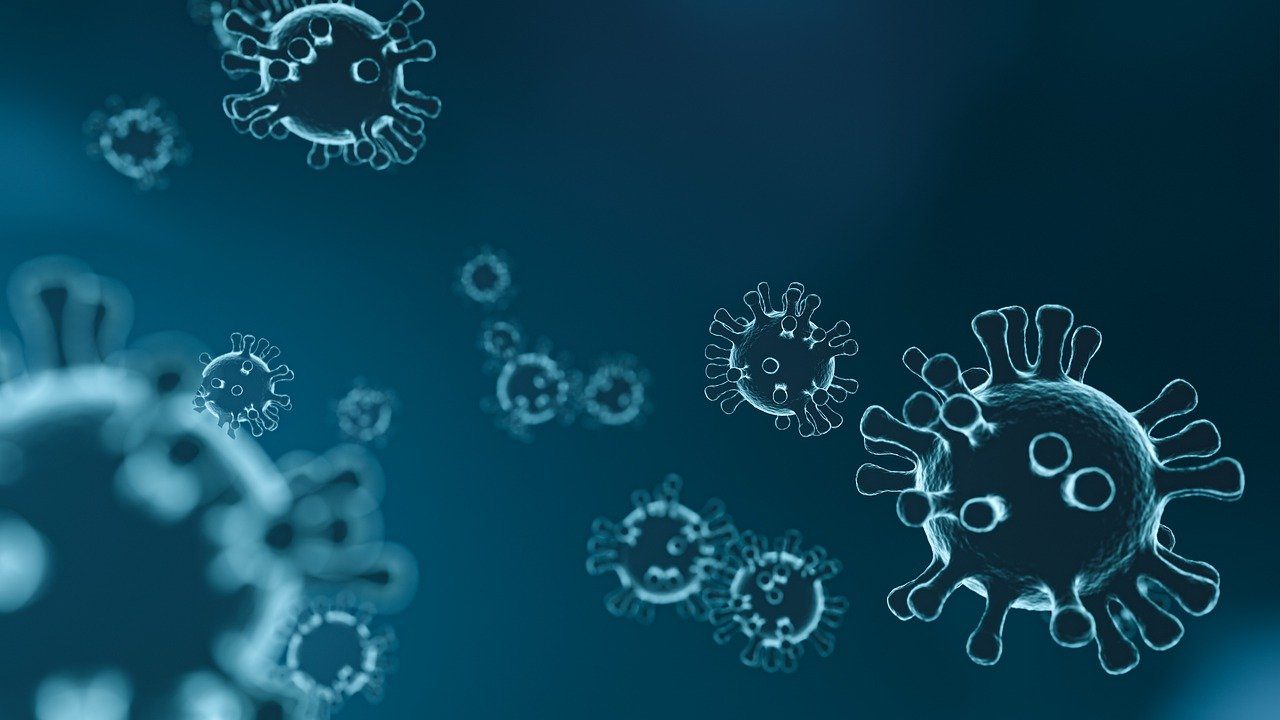
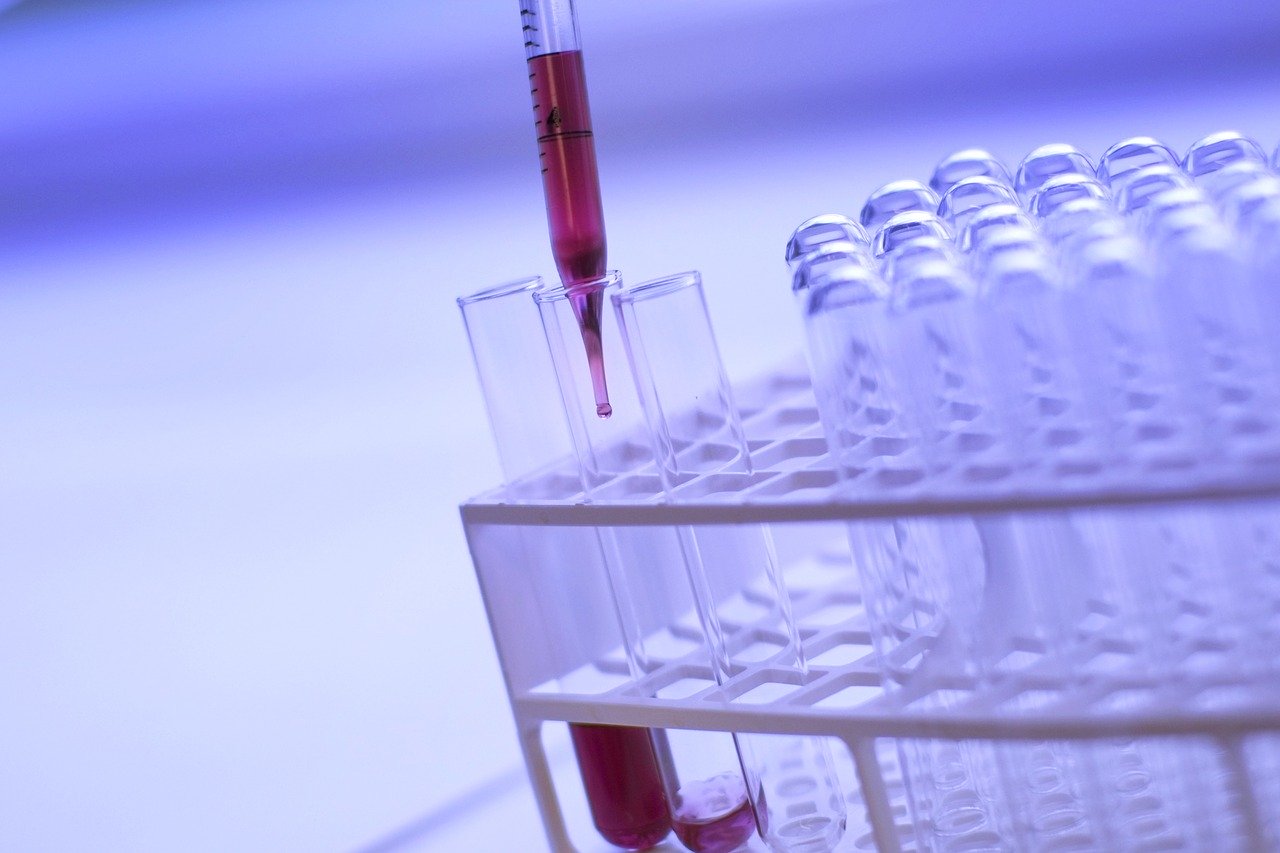
The National Botanical Research Institute has established an “Advanced Virology Lab” for testing COVID-19. The facility has been developed based on the guidelines of the Indian Council Medical Research, World Health Organisation, and the Ministry of Health and Family Welfare.
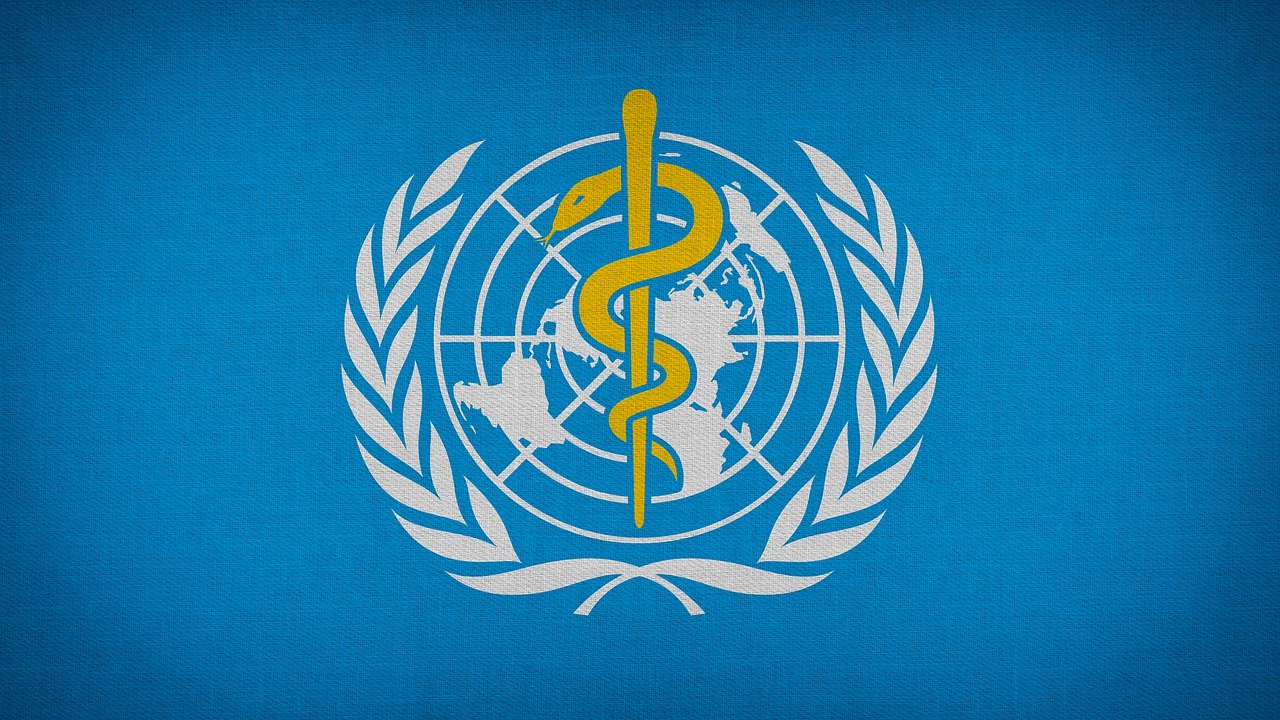
The Indian Council for Medical Research has fast-tracked the roll-out of the global ‘Solidarity’ trial launched by the World Health Organization towards finding an effective treatment for COVID-19.
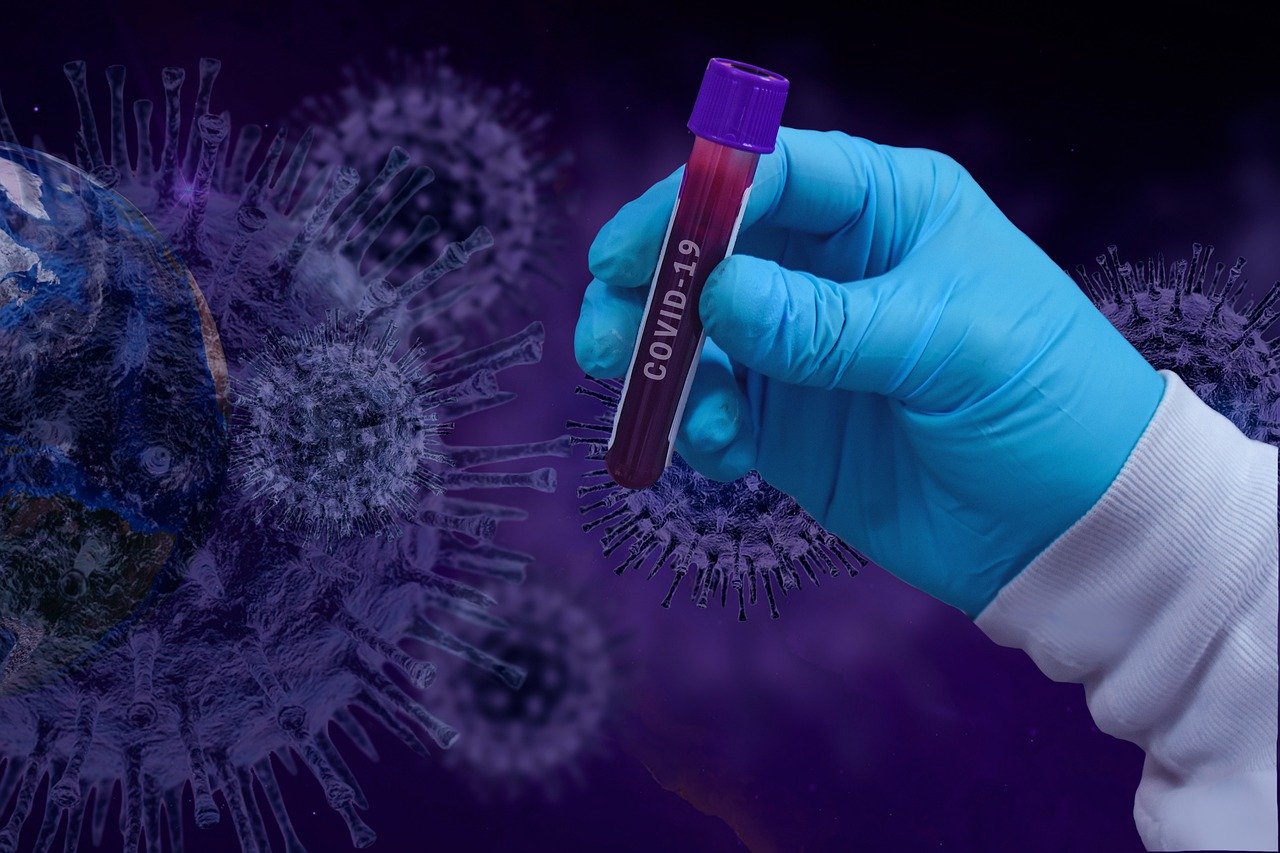
The Indian Institute of Petroleum is establishing an RT-PCR-based COVID-19 viral testing facility in its Dehradun campus. IIP is a constituent laboratory of Council of Scientific and Industrial Research
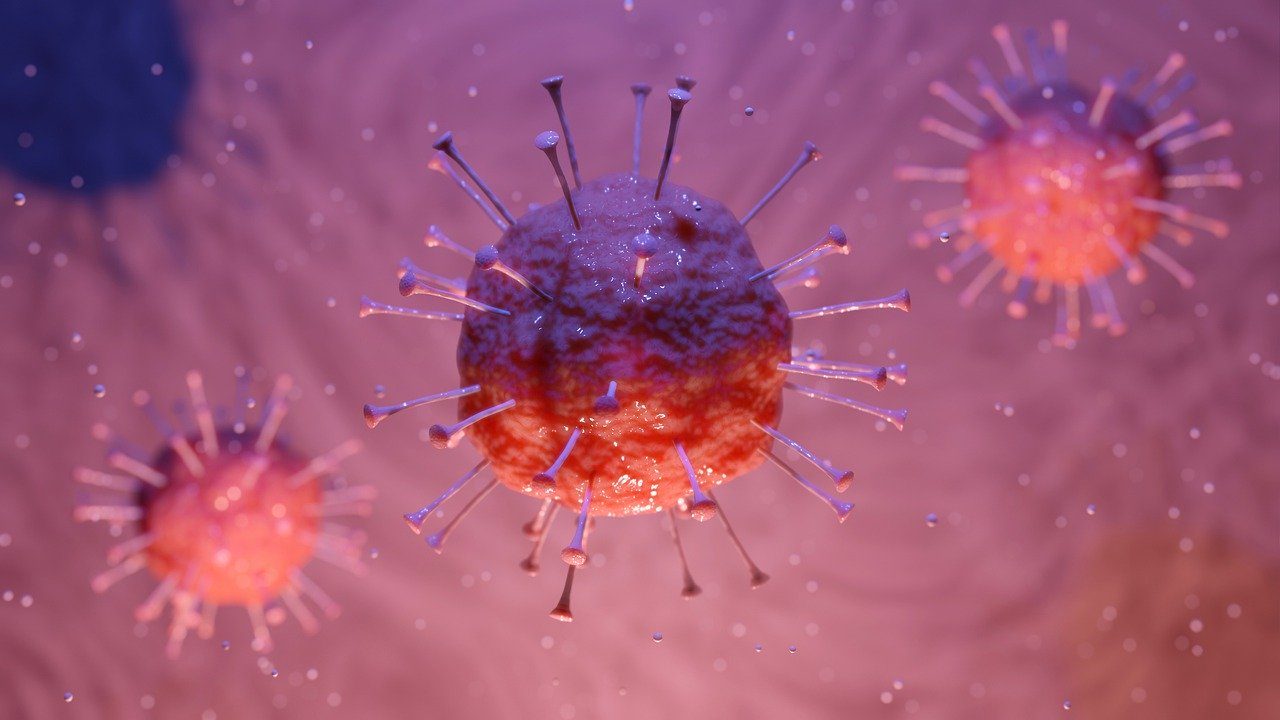
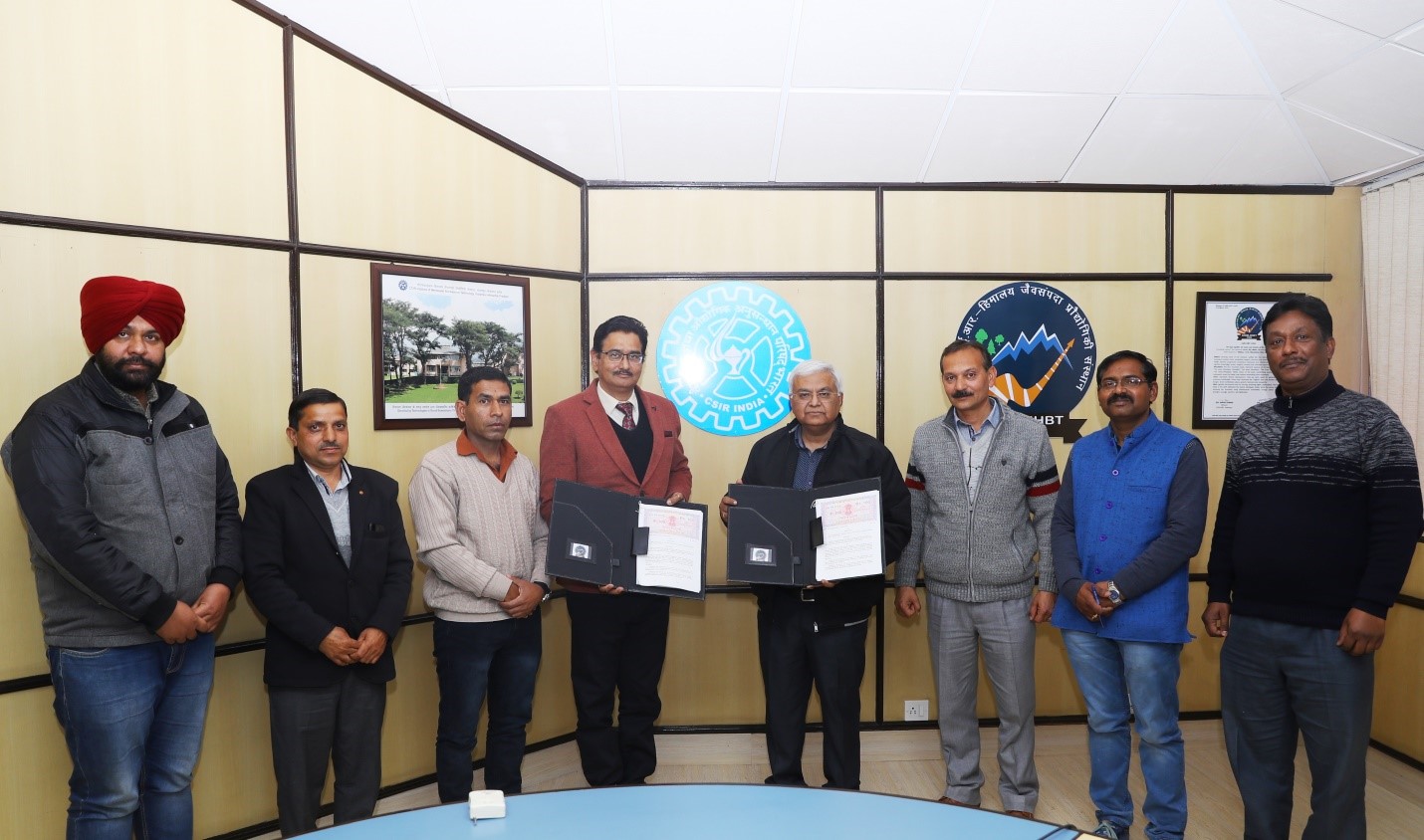
A new hand-sanitizer has been developed by the scientists of CSIR-Institute of Himalayan Bioresource Technology
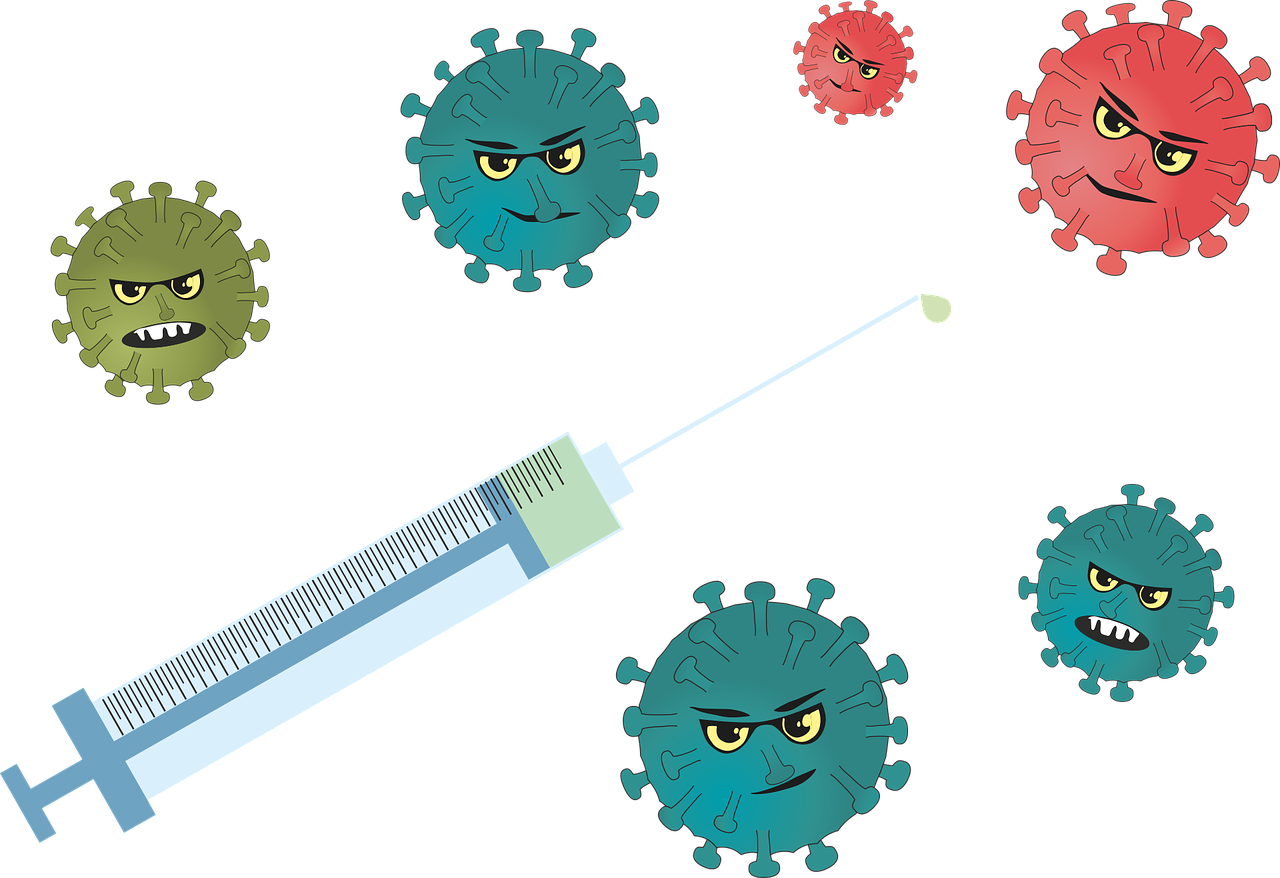
A rabies vaccine relaunched on Wednesday by Chiron Behring Vaccines, a part of Bharat Biotech, promises to address the need to a great extent. It is a purified chick embryo cell (PCEC) anti-rabies vaccine to be sold under a new trade name, Chirorab
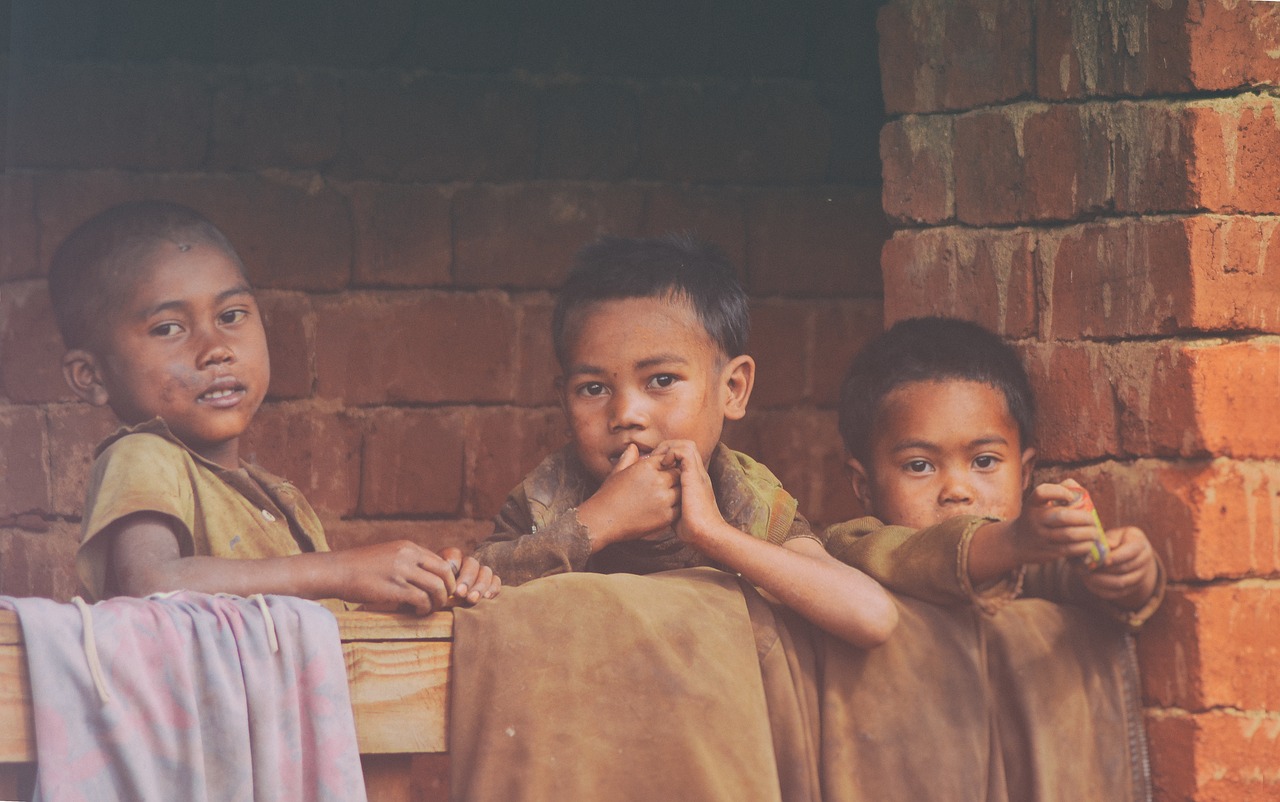
In a finding that could have an impact on the strategies for dealing with malnutrition in children, a new study has found that the number of infants dying due to malnutrition after six months of age is only around 1.2 % in India, much lower than global estimates of the World Health Organization


Fruits are a good source of vitamins and minerals and play an important role in preventing vitamin C and vitamin A deficiency. People who eat fruits as part of an overall healthy diet generally have a reduced risk of chronic diseases. The World Health Organization (WHO) recommends five servings of fruits and vegetables every day for a healthy living
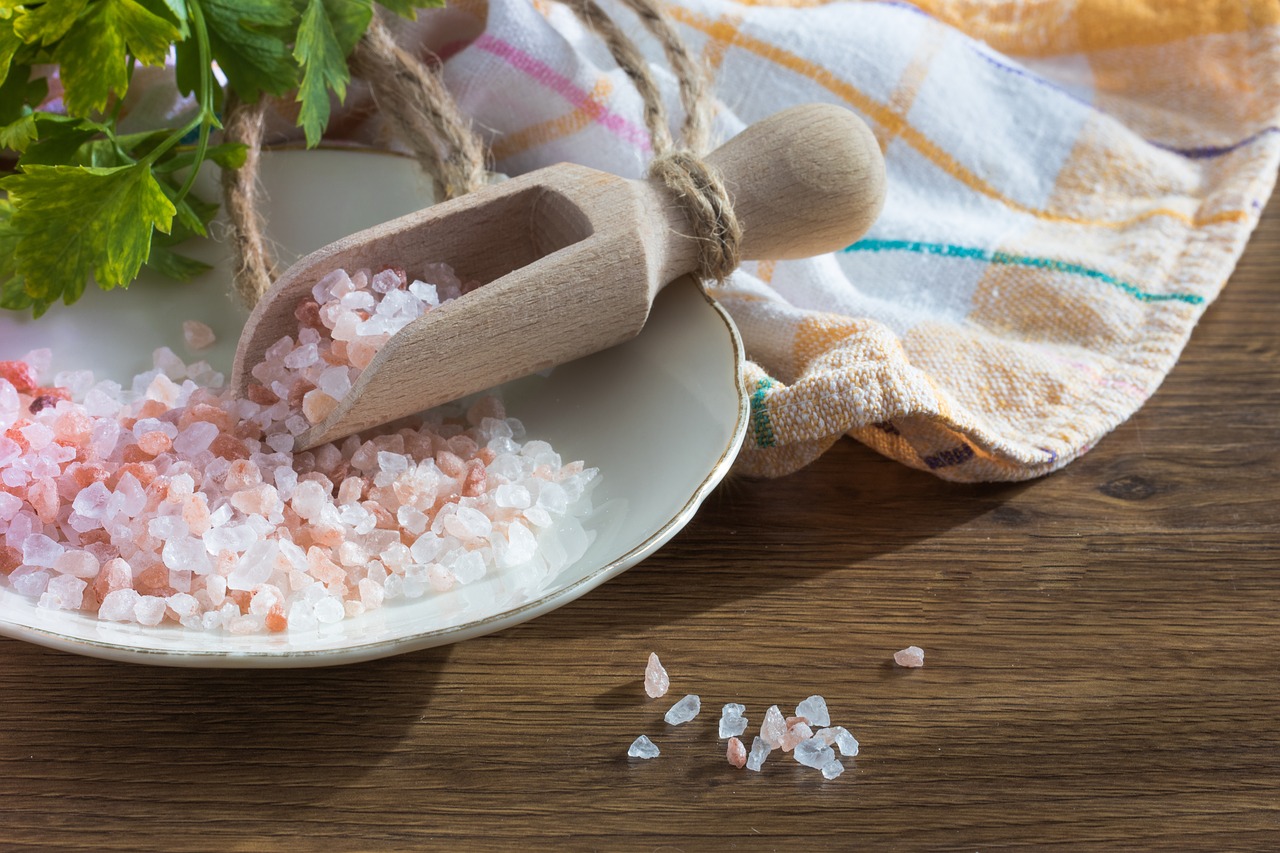
A new study has found that Indians, on an average, consumed almost 10 gm of salt per day, which is double the World Health Organization’s recommendation of maximum five grams per day. The high consumption is despite several measures launched in recent years to create public awareness of the ill effects of consuming excess salt
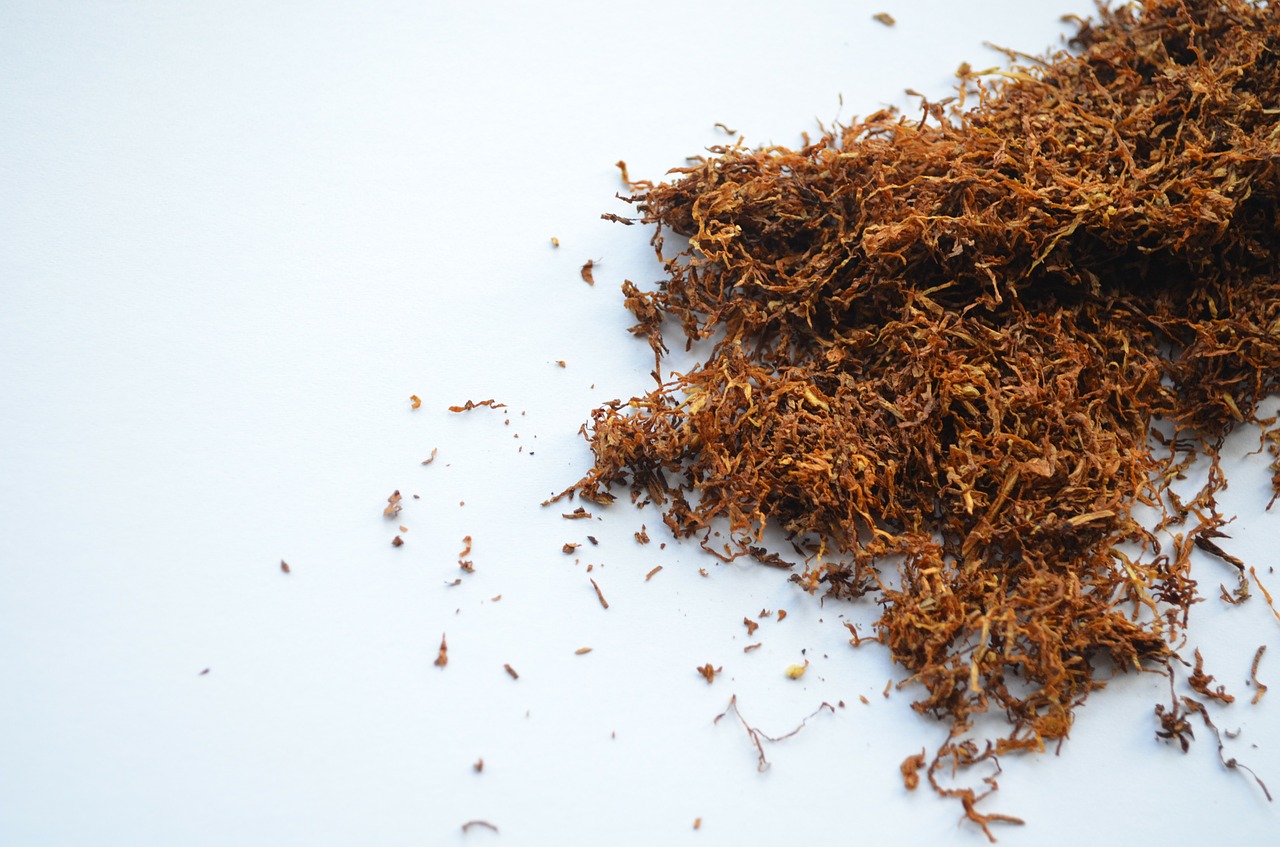
Smokeless tobacco products like gutka and khaini are known to be cancer-causing. Now Indian scientists have prepared a database of toxic substances found in different chewing tobacco products sold not only in India and South Asia but globally
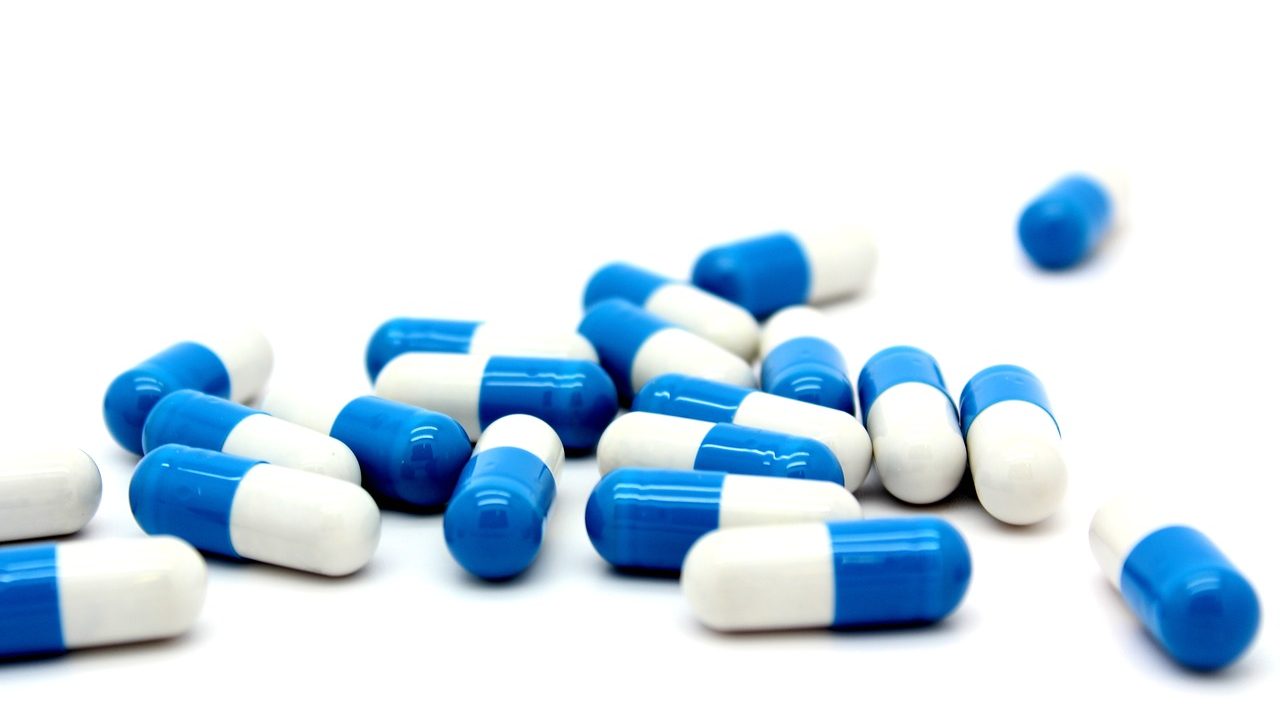
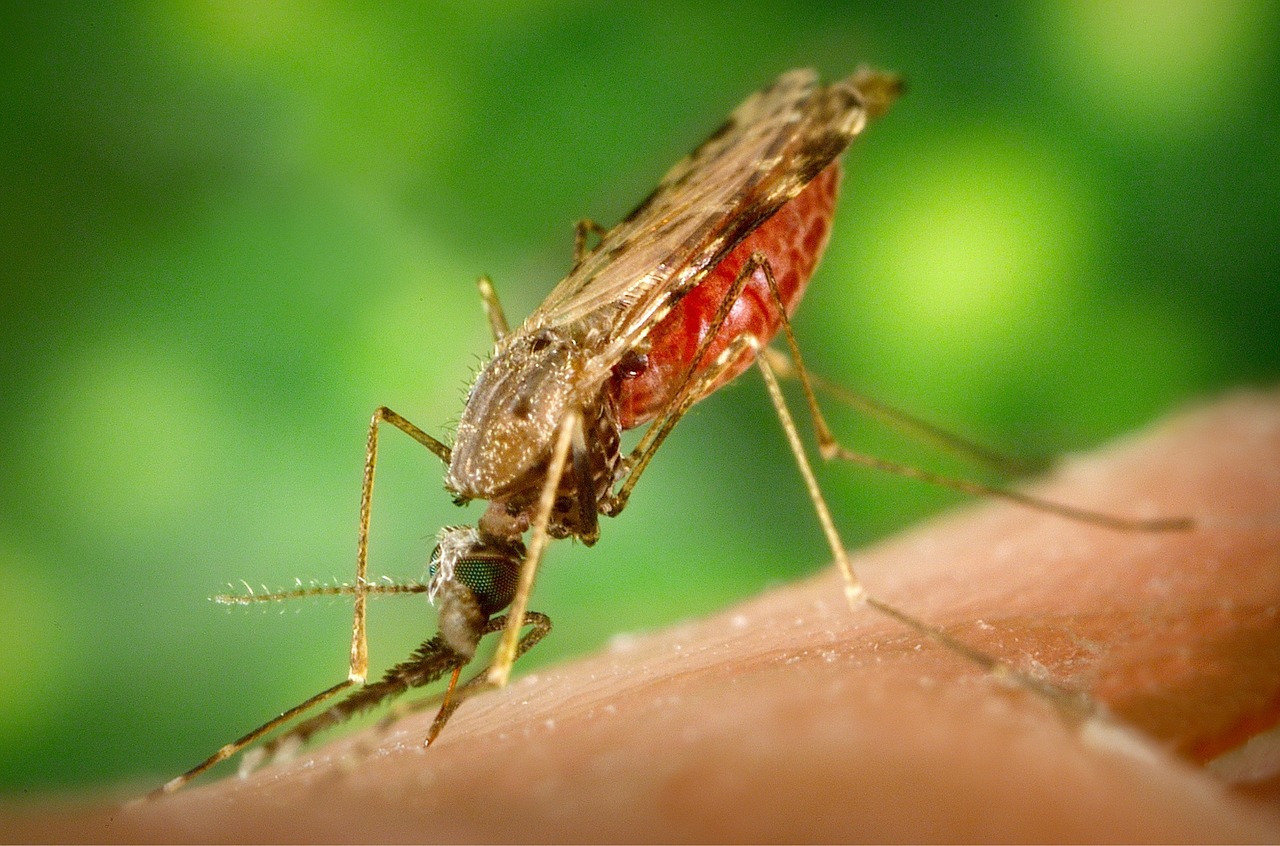
The Indian Council of Medical Research has put together a programme to bring the various stakeholders on a single platform to identify and prioritize research work needed to meet the target to eliminate the disease by 2030. Called Malaria Elimination Research Alliance India, the programme took off today with the first meeting of the stakeholders.
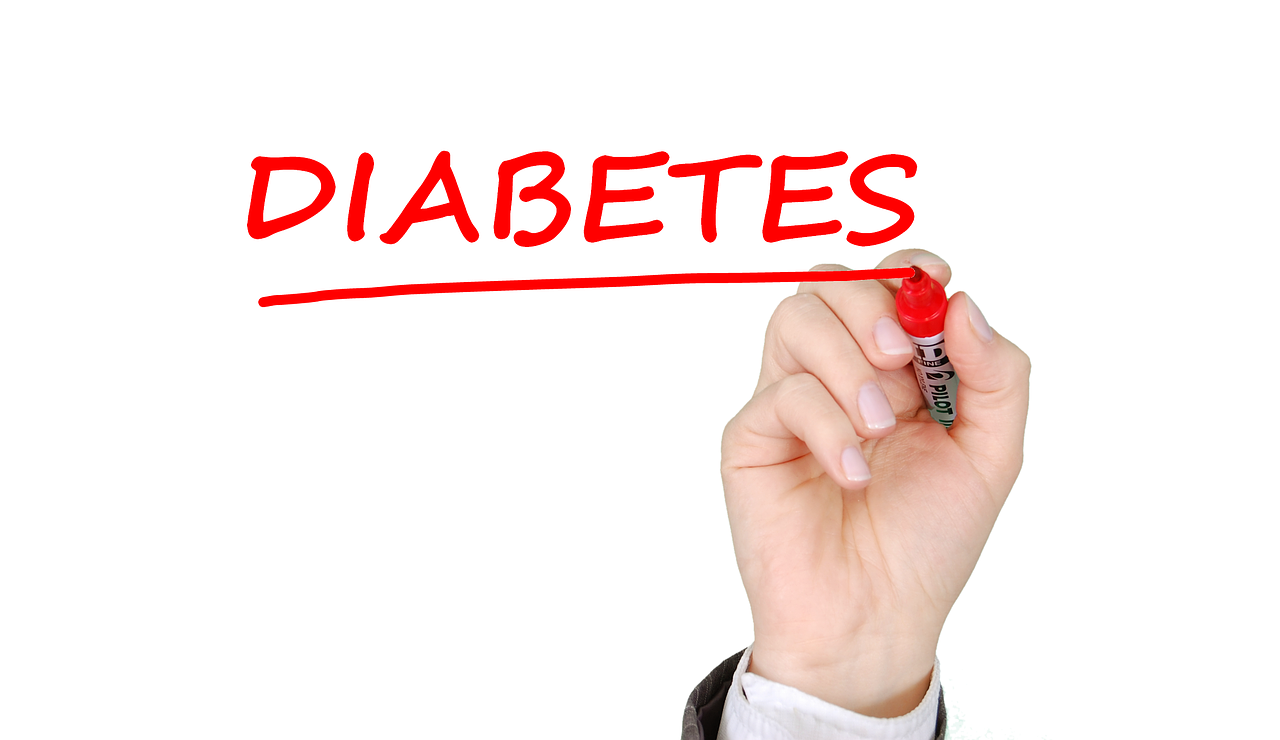
Based on findings of their new research, scientists at the National Chemical Laboratory, Pune have suggested that measuring levels of free albumin and albumin attached to glucose molecules in the blood can be a better diagnostic test for diabetes and help in its management.
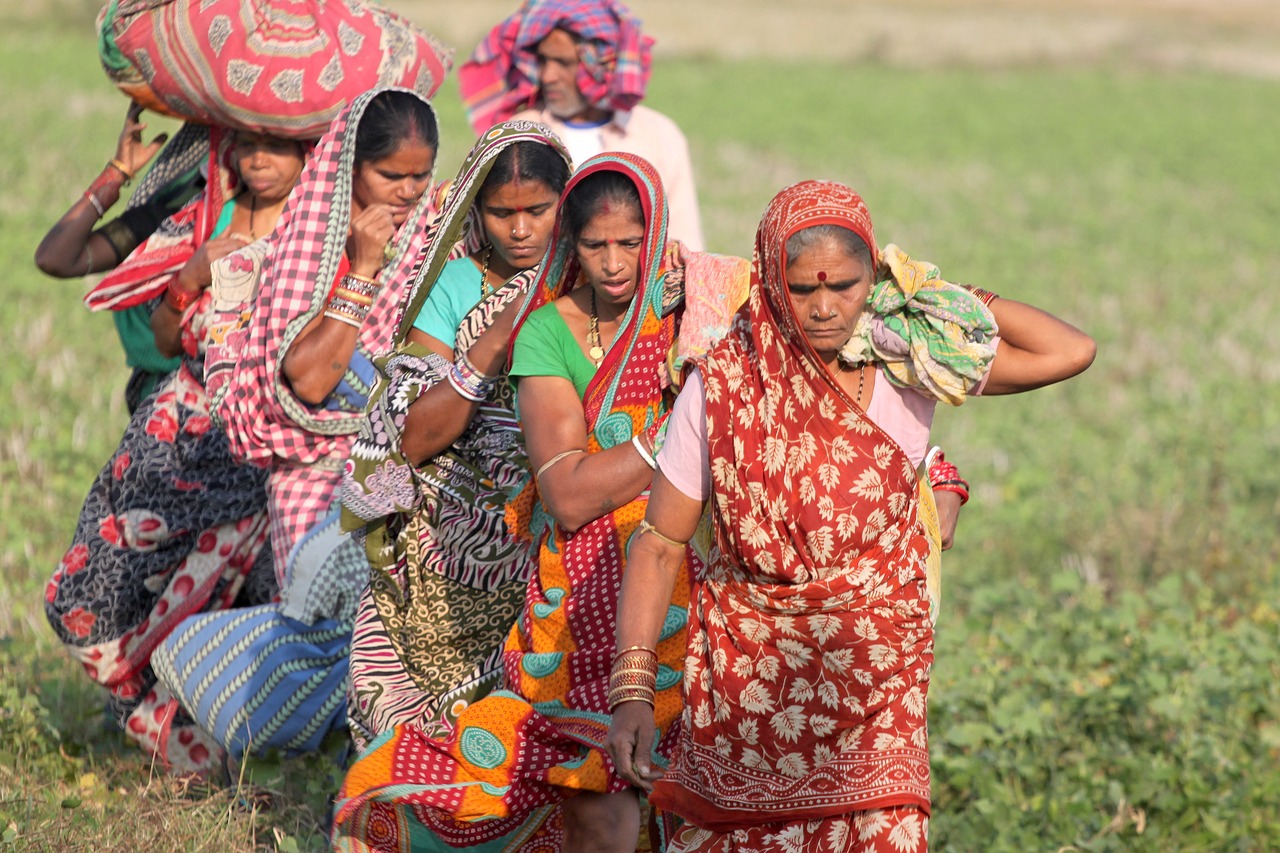
Involving Accredited Social Health Activists in the malaria eradication programme has proved to be fruitful in bringing down the number of malaria cases in Odisha.
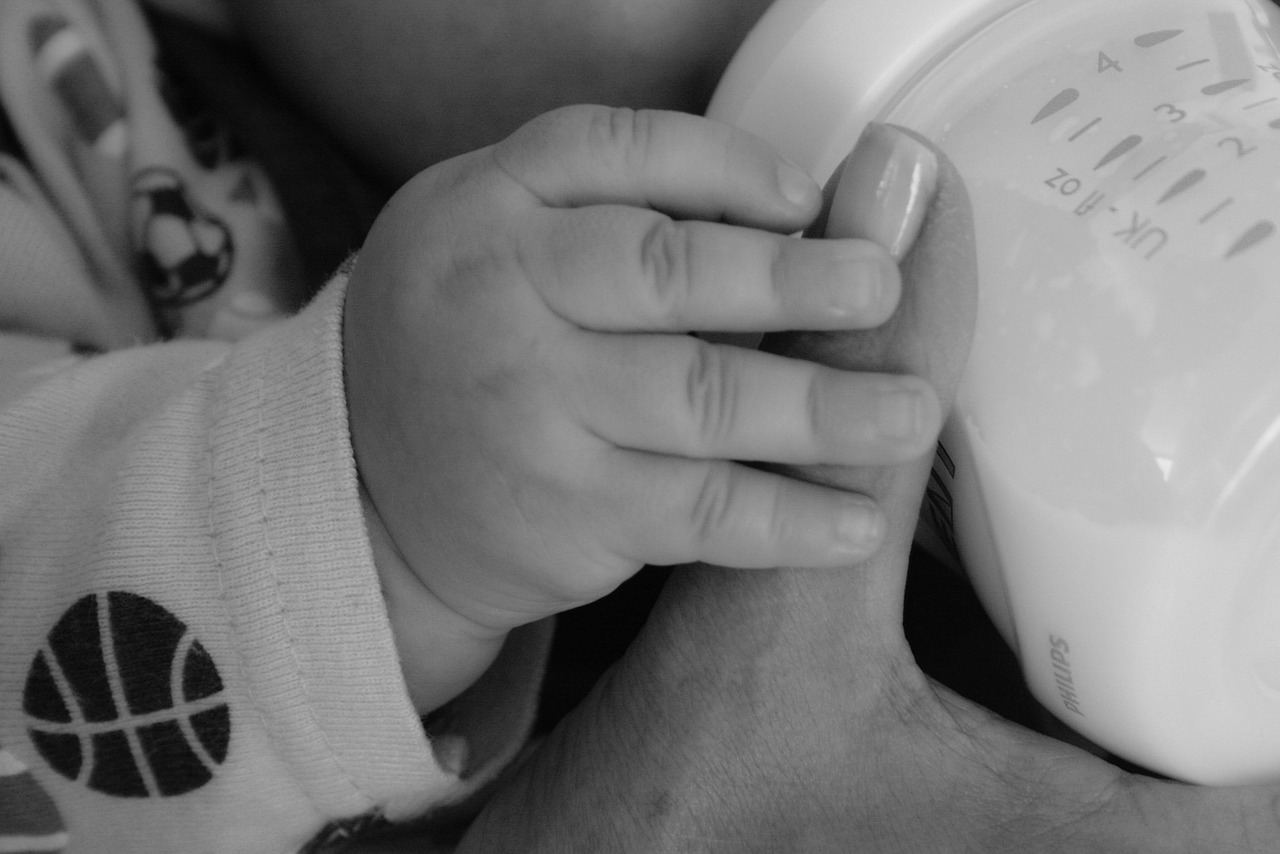
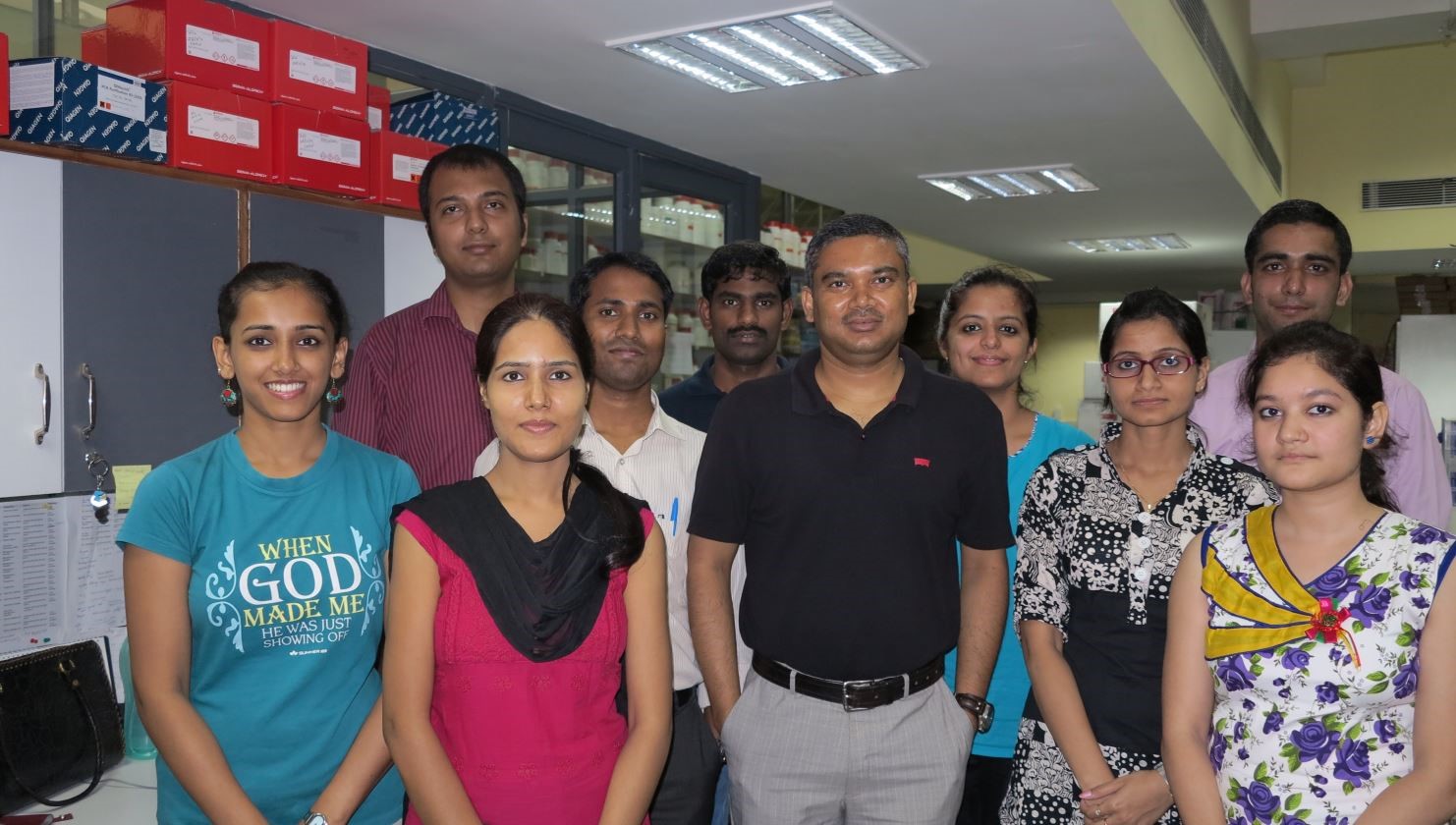
A study of gut bacteria among groups of Indians has shown that they vastly differ from those found among western populations and even depend on multiple factors like exposure to pollution and cooking medium
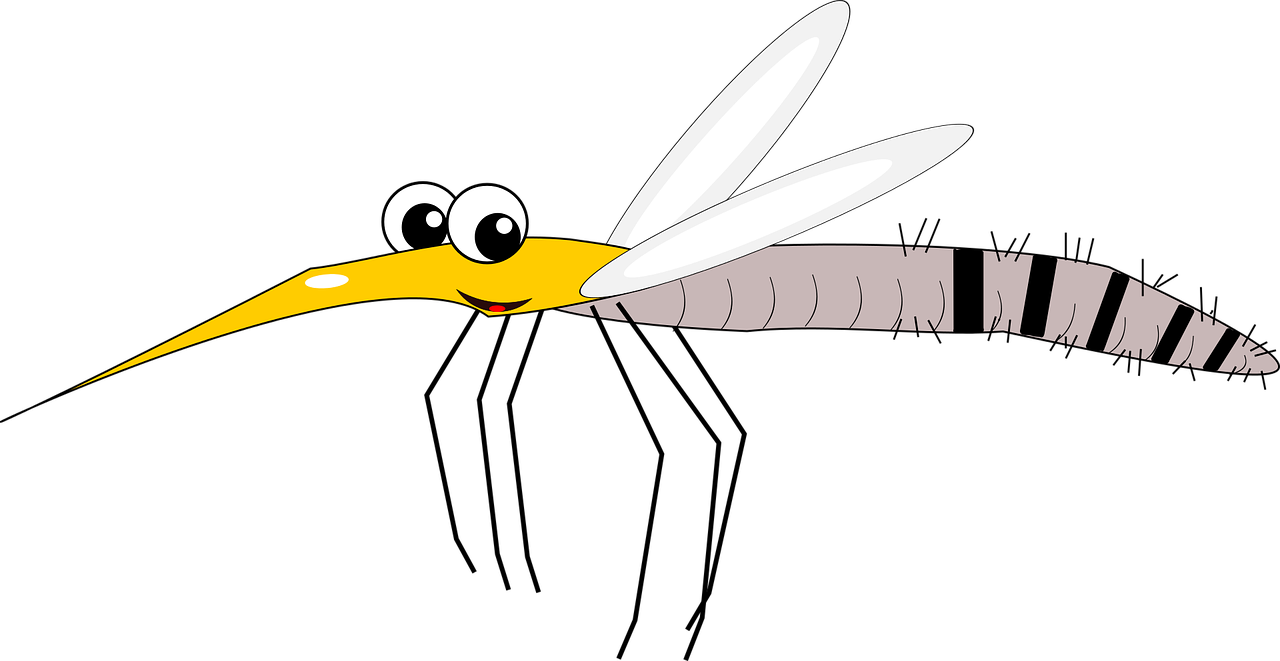
Despite efforts over the decades by scientists across the world, malaria continues to be a major vector-borne disease particularly in Asia, Africa, and South America.

A short film focusing on one of the millions of success stories resulting from international medical contributions by the Republic of China (Taiwan) was released May 6 by the Ministry of Foreign Affairs.
Internet is huge! Help us find great content
Never miss a thing! Sign up for our newsletter to stay updated.
Research Stash is a curated collection of tools and News for S.T.E.M researchers
Have any questions or want to partner with us? Reach us at hello@researchstash.com